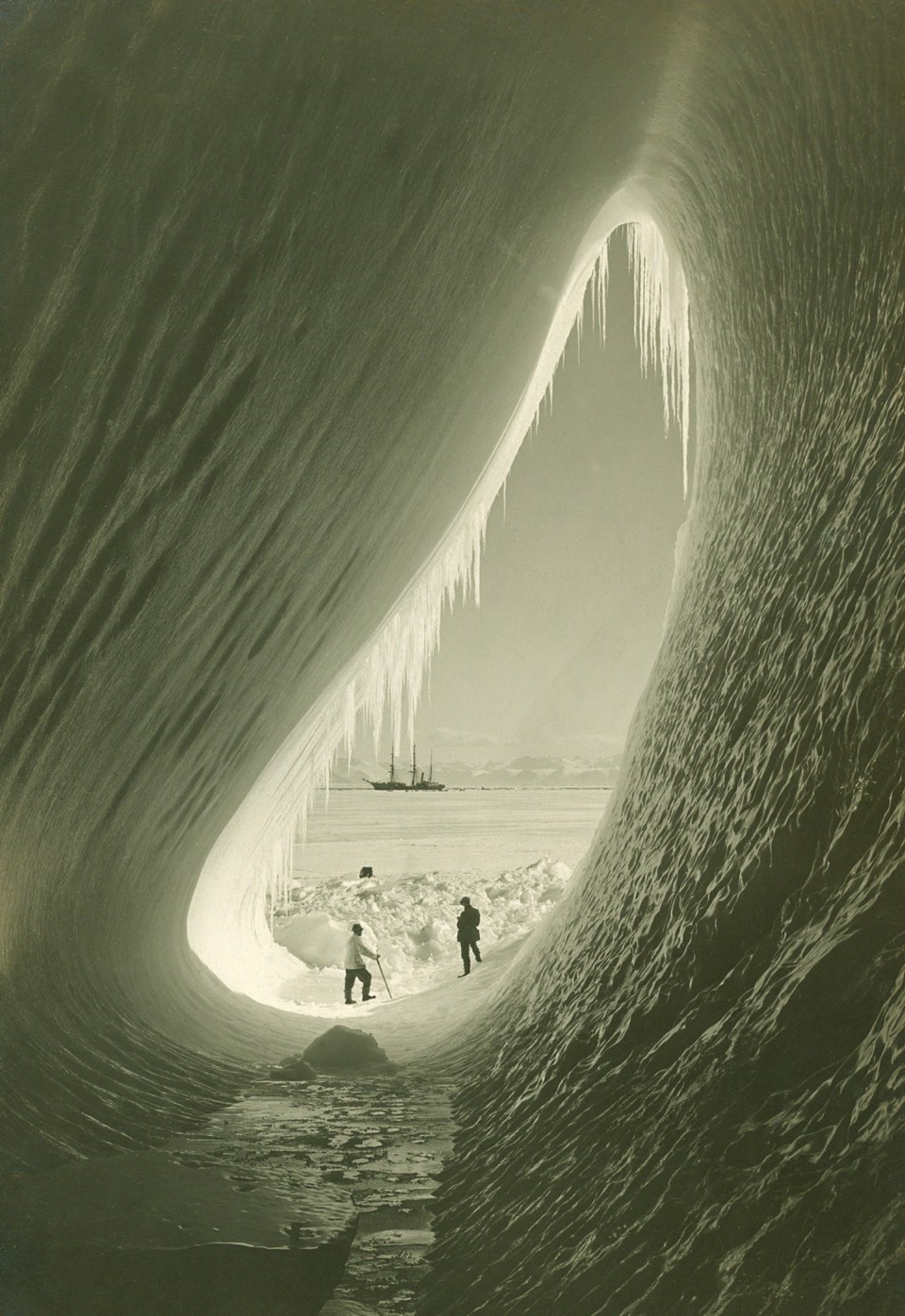When Times Colonist cartoonist Adrian Raeside speaks of the 1911 expeditions to Antarctica, he is drawing upon family connections.
Raeside’s grandfather, Sir Charles (Silas) Wright, and two great-uncles, Sir Raymond Priestley and Griffith (Griff) Taylor, were members of the British expedition attempting to be first to reach the South Pole.
“I lived the story about [Capt. Robert] Scott and grew up with it,” Raeside said in an interview. “And as I got older, I realized the story I was reading in English textbooks was quite different.”
Raeside travelled to Antarctica in 2008-09 to retrace some of his relatives’ experiences and wrote a book about the journey, Return to Antarctica.
He will talk about some of his family memories and his impressions of the Antarctic in a lecture Thursday night at the Royal B.C. Museum.
It’s part of the Quest Lecture Series offered in conjunction with the museum exhibit Race to the End of the Earth, which chronicles the Antarctic treks of Scott and Norwegian explorer Roald Amundsen.
Scott reached the pole on Jan. 17, 1912, only to learn he was beaten to the pole by Amundsen by 34 days. Scott then died with the four others in his party on the trip back.
Raeside said unheralded in the Scott expedition are the 16 men, including Raeside’s three relatives, who set out with Scott and then turned back to base camp after setting food caches for the return trek. The final five were left to make the last push to the pole.
But still others stayed behind for months maintaining the base camp and conducting science work. There were also sailors who manned the ship that sailed for the Antarctic, the Terra Nova, and others who trekked in supplies at the start.
“The truth is were it not for the supporting team, he never would have left England,” Raeside said.
“There were so many situations where the expedition would have ended in complete, utter failure were it not for the people that went with Scott.”
For example, Raeside remembers his grandfather talking of the Terra Nova encountering a terrible storm after leaving New Zealand on its final leg toward the Antarctic.
The ship, a converted arctic sealer, started taking on water. The ship’s boilers were shut down so there was no steam power to operate the pumps. Hand pumping was also impossible because pumps were clogged with seal grease and coal dust.
“They ended up in a bucket brigade bailing out that ship by hand for 20 hours straight,” Raeside said.
He also says his great uncle, Griff Taylor, was irritated he was left entirely out of the 1948 movie Scott of the Antarctic.
Raeside said the planning and supplying of the expedition was so poor, many in the party ended up in the early stages of scurvy.
His grandfather to the day he died couldn’t stand the smell of fish, he said. It reminded him too much of the smell of cooking penguin meat.
“They used to eat a lot of penguin to supplement their diet, boiled penguin, penguin stew,” Raeside said. “A big problem they had, although it was never admitted publicly, was scurvy.”
Raeside’s lecture is Thursday at 7:30 p.m. in Clifford Carl Hall at the Royal B.C. Museum. Tickets are $16 and available at the museum box office or online at royalbcmuseum.bc.ca. Museum members receive a 10 per cent discount.



